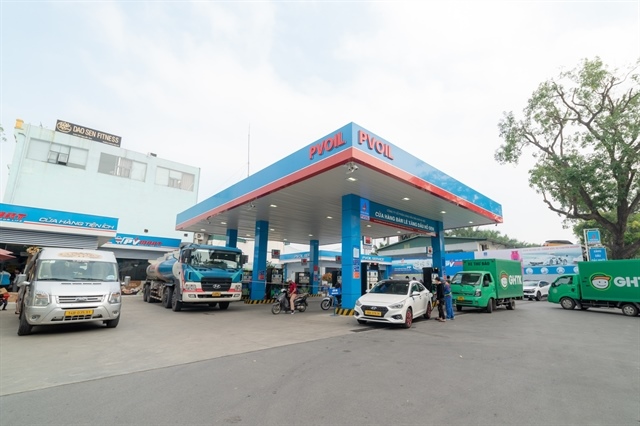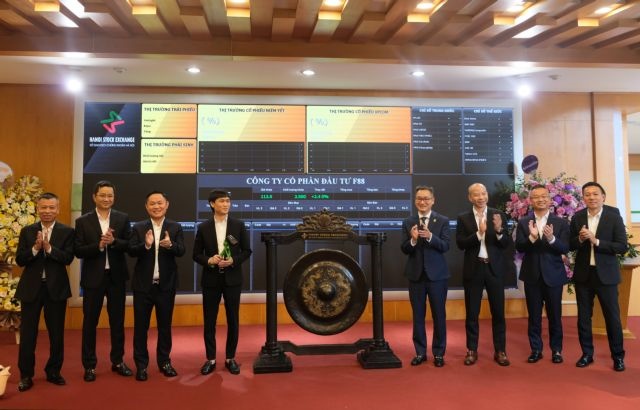Interest groups hinder listing process of privatized Vietnamese SOEs: association
Interest groups hinder listing process of privatized Vietnamese SOEs: association
Certain interest groups trying to prevent Vietnam’s state-owned enterprises (SOE) from listing on the stock market following their privatization are responsible for causing losses to state coffers, a local finance association warned.

While law stipulates that state companies list and reduce their state holdings once going public, few privatized SOEs have done so over the last decade, the Vietnam Association of Financial Investors (VAFI) said in a document sent to the prime minister on Wednesday.
Under the government’s directive No. 51, SOEs are required to complete their public company registration and the listing process, and start trading on the stock market within 90 days of their privatization.
“However, hundreds of privatized state enterprises have deliberately defied the directive, while representatives of the state capital refused to reduce the government’s stake in the companies as required,” VAFI said in the document.
VAFI pointed the finger to certain interest groups that have been trying to delay the listing process for corruption purposes.
Representatives of the state holdings at those SOEs “do not want transparency,” so that they can continue engaging in corrupt practices or their appropriation of state and shareholder assets, the association said.
As long as the SOEs remain unlisted, the interest groups can manipulate the companies and their assets, according to VAFI.
“By preventing privatized companies from listing, these interest groups reduce investor and shareholder confidence, which in turn reduces share prices and devalues the assets of those firms,” VAFI deputy chairman Nguyen Hoang Hai was quoted by the Voice of Vietnam radio as saying.
“Members of these interest groups then purchase shares from those companies at cheap prices in order to take full control.”
Corruption, nepotism
Sabeco and Habeco, Vietnam’s two largest beer makers, are prime examples of the issue, according to VAFI.
“These companies have employed all available strategies to avoid listing themselves in the last nine years, and only started to begin the process after Prime Minister Nguyen Xuan Phuc directly requested them to do so,” VAFI deputy chairman Hai said.
The Vietnamese government is slated to sell its entire 89 percent stake, worth an estimated US$1.8 billion, in Sabeco by 2017 and begin listing the firm on the Ho Chi Minh Stock Exchange by late November or early December, CEO Le Hong Xanh told Reuters in an interview on Wednesday.
VAFI said the ministries that manage SOEs hold some blame for the companies’ unwillingness to list on the stock market.
Sabeco and Habeco are both managed by the Ministry of Industry and Trade, and it was the former minister Nguyen Huy Hoang that had prevented these companies from listing, the association said.
The reason, according to VAFI, is that Hoang and his then deputy, Ho Thi Kim Thoa, “wanted to appoint relatives with little capacity and ability to top positions within the companies,” something they would never be able to do if the beer makers were listed.
In fact, Hoang’s son, Vu Quang Hai, is a member of the board of directors and deputy CEO of Sabeco. Hai told local media in June that his appointment was “in line with procedure” and there was no such thing as a “father favoring his son.”
VAFI underlined that if the directive No. 51 had been strictly followed, the state budget could have pulled in $15 billion.
The association suggested that the government strictly sanction any individuals, ministry leaders, or local administrators that hinder the listing process of privatized state companies.
“If the prime minister sets penalties, then directive No. 51 will be properly followed and the state budget can get $15 billion from the privatization and state holding sales of certain SOEs,” the association concluded.


























